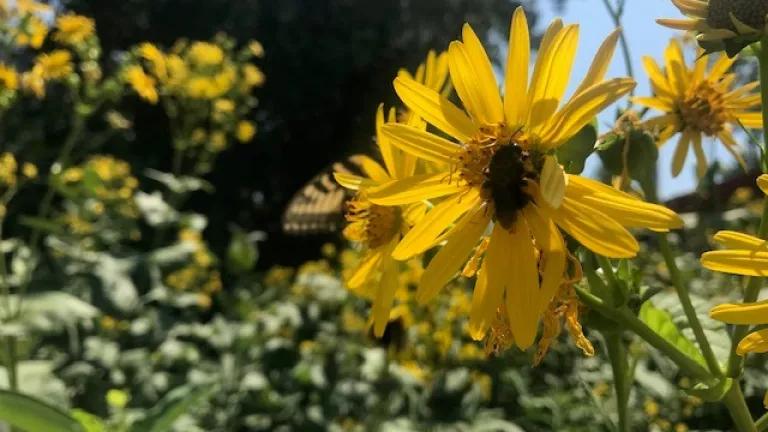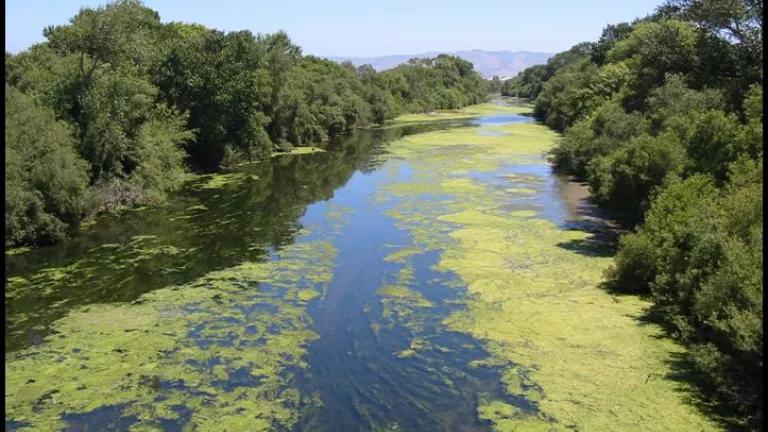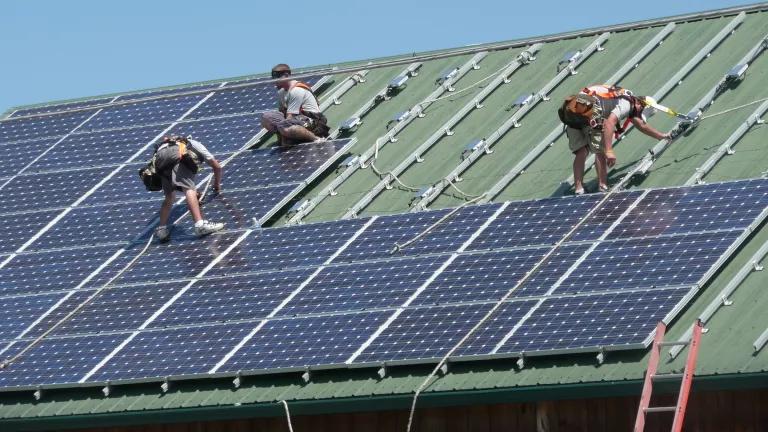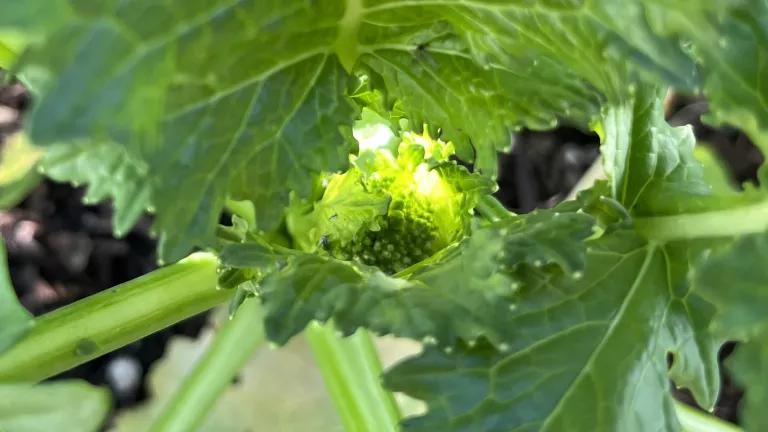Just in Time: Climate Stewardship Act for Farms and Forests
We need climate action now. We needed it years ago. The Climate Stewardship Act will give farmers the much-needed resources needed to help us in that fight, and it is not a moment too soon.

Climate-friendly farming is good for bees and butterflies, too. Next Step Produce is a regenerative organic farm in Maryland.
We need climate action now. We needed it years ago. Senator Booker’s Climate Stewardship Act will give farmers the much-needed resources needed to help us in that fight, and it is not a moment too soon.
Our food production system is a major contributor to climate change, but the good news is that climate-friendly farming is part of the solution. Regenerative agriculture helps fight climate change by drawing carbon down into the soil, reducing water insecurity, and using less petroleum-based inputs. Climate-friendly farmers like Gabe Brown and the Berns brothers are fighting climate change by improving the organic matter of soil on their farm and inspiring other farmers to follow in their footsteps.
Despite the growing soil health movement, regenerative farming is far from the status quo. Cover crops are only grown on a small percentage of cropland in most states, and the best way to get more cover crops on the ground quickly may be to help farmers pay for the practice. Senator Booker’s bill dramatically increases funding for the Soil Health Demonstration Trial (SHDT) up to $100 million annually. The SHDT is an innovative new program included in the 2018 Farm Bill with the support of NRDC and our partners at E2. The program will pay farmers for the carbon sequestered in their soil. Furthermore, the protocols that USDA will write to implement the program will set needed metrics for soil carbon measurements that will be useful to private markets.
The Act also increases funding for longstanding Farm Bill programs. Many of these conservation programs currently help farmers and ranchers implement climate-friendly practices, like cover crops, conservation crop rotations, nutrient management, wetland restoration, and tree planting. Finally, the Act addresses agriculture holistically, which is a refreshing change to agricultural policy. The Act recognizes the need to prioritize inclusion of low-income communities and communities of color who have too often been excluded and underserved in farm and food programs. For example, the bill will invest $25 million in urban farms and community gardens, and provide funding to plant 100 million trees in low-income communities by 2030.
In the long run, we’re going to need to see a dramatic change to farm policy and our eating habits. We’re going to need to grow more food organically, eat less and better meat, and stop wasting what we grow. Major changes to the status quo in farming won’t happen without big and bold changes in farm policy, and we will need our lawmakers to step up to the plate with serious reforms. In the meantime, the Climate Stewardship Act offers a solution that will put more money into the pockets of innovative farmers right away, during tough times. Voluntary conservation is hugely popular and woefully underfunded, and the Climate Stewardship Act will make sure that more funding goes to address our urgent need. NRDC endorses the Act, and we hope it will pass and be enacted with high levels of bipartisan support.




